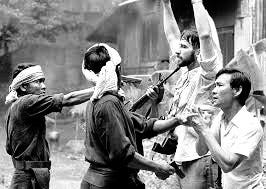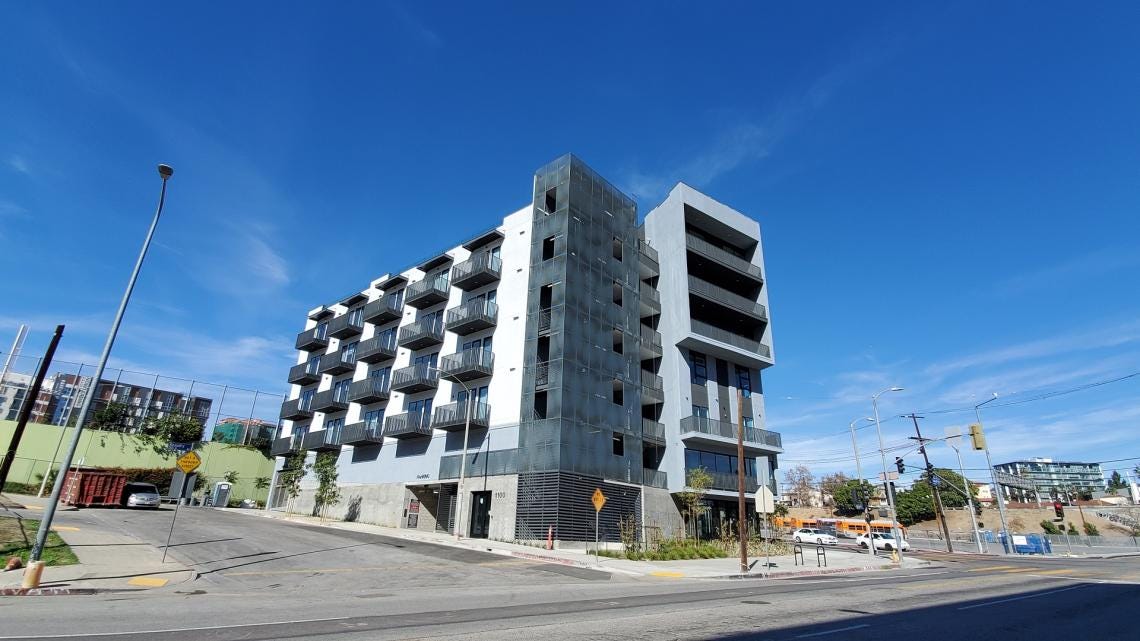Born in Samrong Young, French Indochina, in1940, Dr. Haing S. Ngor was a practicing gynecologist in Cambodia when the Khmer Rouge seized power in 1975. The ousting of the pro-American government by Khmer forces followed a bloody civil war and ushered in an era of unprecedented brutality. To rid the country of “foreign influence” the new regime, led by deranged despot Saloth Star (aka Pol Pot), began a reign of terror, rounding up and executing intellectuals, ex-members of the military and their families, and anyone who spoke a foreign language. Even wearing eyeglasses was enough to earn a death sentence. Cambodian citizens not born under Khmer rule were deemed a ‘new person’ and forced into slavery. Ngor was captured, tortured, and starved for four years. He survived by masquerading as a taxi driver. After witnessing countless Khmer atrocities, including the murder of his own father, he escaped to Thailand in 1979 with his six-year-old niece, emigrating to the United States a year later. He settled in Los Angeles where he worked for a refugee center, later becoming a prominent campaigner for human rights.
In 1982, with no formal acting training, Haing was chosen to play the key role of Dith Pran in the Roland Joffe movie The Killing Fields. Pran was a photojournalist, translator and assistant to New York Times reporter Sydney Schanberg during Pol Pot’s rise to power. He risked his life to help Schanberg escape Cambodia and was imprisoned and tortured by the Khmer Rouge before making his own escape in 1979.

For his portrayal of Dith Pran, whose life story closely mirrored his own, Ngor won the 1984 Oscar for Best Supporting Actor. His acceptance speech was one of the most genuinely moving moments in the award’s history. He continued to act and, in 1990, created the Dr. Haing S. Ngor Foundation to raise funds for Cambodian orphans and to help rebuild the country, devastated by genocide and the disastrous civil war that followed Pol Pot’s overthrow in 1979.
On 25 February 1996, after parking his car near his modest apartment on the edge of L.A.’s Chinatown, Haing was accosted by three men, all in their early 20s. Holding him at gunpoint, the men robbed Haing of his gold Rolex, then shot him dead.
The following year, three members of the Oriental Lazy Boyz, a Cambodian street gang still active in Chinatown, were arrested and charged with murder.
In the ensuing trial, prosecutors argued that Haing was killed because he refused to give up a gold locket containing a photo of his wife, My-Huoy, who died in a Khmer work camp while giving birth to their child. The defense angle was political murder. The gunmen, it was pointed out, failed to rifle Ngor’s pockets, leaving three thousand dollars in cash untouched, and could not have known about the locket since Haing wore it out of sight under his shirt. All three men – Tak Sun Tan, Jason Chan, and Indra Lim – were found guilty and sentenced to life in prison. By a bizarre coincidence, their convictions were handed down on the same day Cambodian officials announced the death of Pol Pot. (NB: In 2020, Tak Sun Tan’s conviction was vacated. He was resentenced for robbery and released from prison on time served).
The locket was never found, and rumors persist that there was a great deal more to Ngor’s murder than a botched robbery. In November 2009, former Khmer Rouge commander Kand Kek lew (aka Comrade Deuch) insisted during his trial for war crimes that Ngor had been assassinated on Pol Pot’s orders. Neither he nor his claim was deemed credible by U.S. investigators.
Ngor was buried at Rose Hills Memorial Park in Whittier, California. Dith Pran, who passed away in 2008 at the age of 65, said of his death, “He is like a twin with me. He is like a co-messenger, and now I am alone.”










